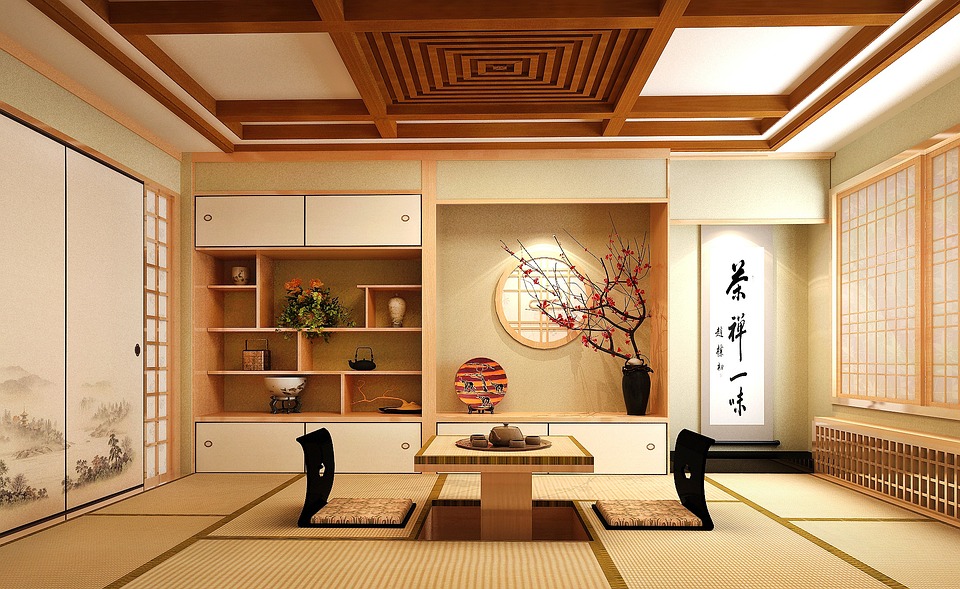Traveling to a new country can be an incredibly fun and rewarding experience, but it's important to know the customs and traditions of your destination before heading out. The last thing you would want is to get into unnecessary trouble while you're in a completely foreign place. If you're going on a trip to Japan for the first time, then this article is for you. From basic practices of common courtesy to important social cues, make sure to keep these five things in mind while in "The Land of the Rising Sun."
#1 Bowing is a sign of respect
In Japanese culture, the bow is typically a sign of respect. This is something that is ingrained in the Japanese people as early as childhood. For tourists, the simple bow of the head or an attempt at a bow will suffice, especially if you are interacting with elders. Additionally, adding the suffix "san" to a Japanese person's last name is a proper way to address someone. Just as it would be disrespectful to call out to an elder or superior without using one's title (Mr., Mrs., Dr., etc.), it would also be disrespectful to omit the suffix "san" from a Japanese person's last name.
#2 Have some table manners
Whether you're eating at a public restaurant or at a Japanese family's home, always practice good table manners. Table manners in Japan differ slightly from those of most western cultures. Believe it or not, slurping or making loud noises while eating is perfectly acceptable, as it is an indication that you are enjoying what you are eating. You can also raise bowls closer to your mouth to make it easier to eat since you'll likely be using chopsticks. Before you indulge in your meal, it is customary to say "itadakimasu," which means "I will receive."
 Pikrepo
Pikrepo
#3 Do not tip anywhere
In Japan, you should not tip any service, whether it be at a restaurant, nail salon, or taxi cab. In fact, the act of tipping could be seen as insulting in Japan—their services are fully covered by the prices that are already set. In other words, a price is a price. In tourist-heavy places, some Japanese servers may accept your tip just to avoid the awkwardness of having to explain the no-tip custom, so you're going to want to just avoid tipping altogether.
#4 Household customs
When visiting a Japanese home or hotel, make sure to remove your shoes at the entrance. There will typically be a shoe rack where you can store your shoes during your stay, as well as a pair of slippers for you to wear indoors. The only time you shouldn't wear your slippers is when you are about to step onto a Japanese tatami mat, which is a common flooring in most Japanese homes and hotels. Also, do not reenter the main room of a house in dirty slippers.
#5 The Japanese bath
In Japan, you typically take a bath after you've already washed and rinsed yourself. You can stay in the hot water for an additional 10, 20, or 30 minutes as a way to achieve full relaxation. If you're at a Japanese home, you may be given the honor of using the bath first before dinner; just be careful not to dirty the water in any way (the ofuro or sanctity of the bath is extremely important). There are also some public bathhouses in Japan where you can get the full Japanese bath experience.












